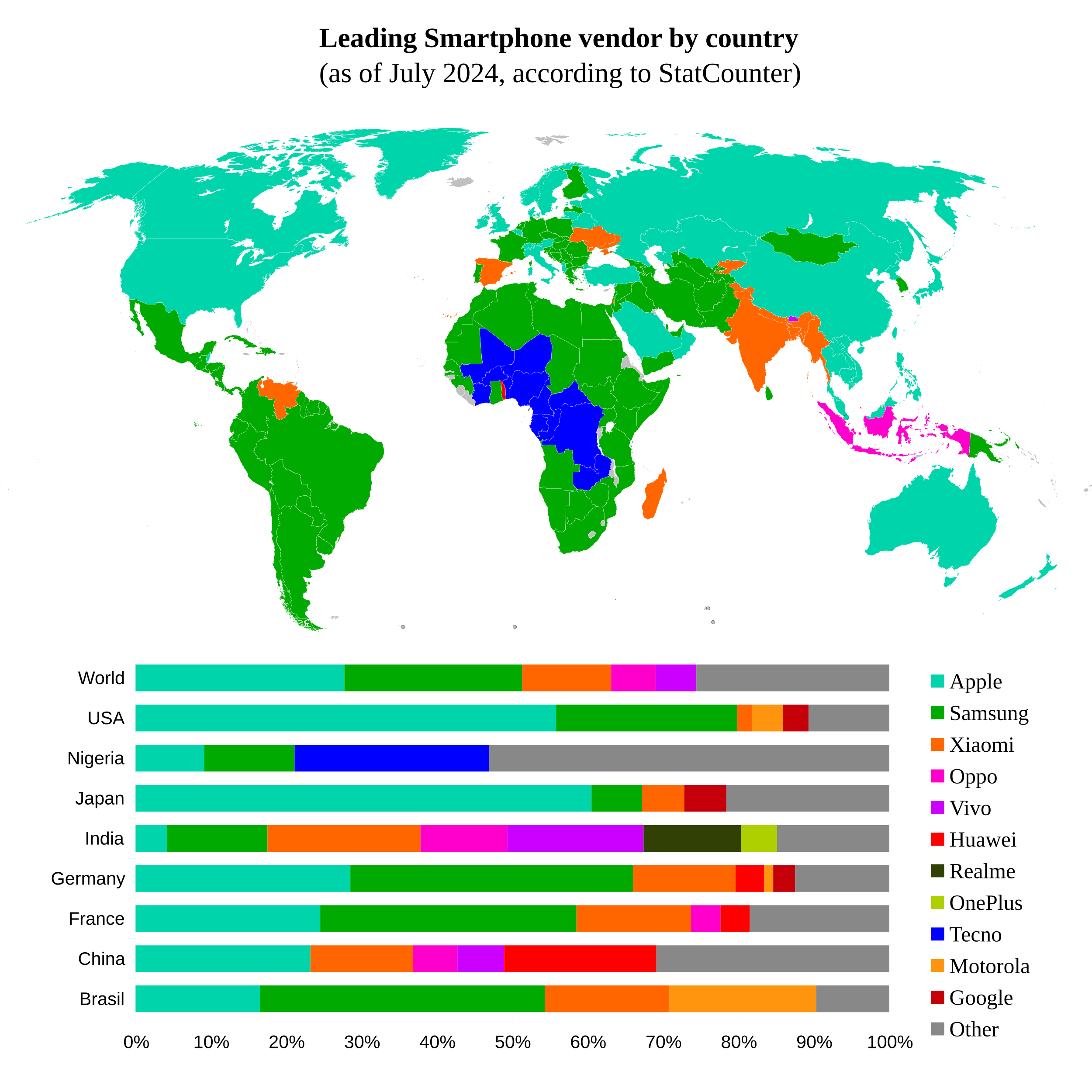The Linux kernel (the code) is open-source. Linux Foundation (the people who write said code) is headquartered in the US. The US can decide what Linux Foundation can and cannot do, who works there, etc. They can't control who uses the code.
emergencyfood
I'm guessing most IoT devices are made in China (or increasingly Southeast Asia), so yes.
better yet how about they take enough for donation and decanter a portion out an do blood testing both to make sure the blood is clean but alsoso the individual is aware of they are free of X
This is already how they do it here (India). They'll test all donations for a number of infections, and you can give them your mobile number / e-mail / postal address to inform you if they find something.
It could be a different stratum of society. Maybe like politicians and businessmen. They say ~5% of Indians have iPhones, but I only know two people with iPhones (and one was second-hand).
I don't think SMIC refuses to sell to non-Chinese companies. Nokia mostly uses Unisoc chips, which are made in China (not sure if by SMIC).
But if they did, it would be a pretty serious problem, since I don't think SMIC even has a viable competitor in the entry-level smartphone chip market.
They have microSD, audio jack, okay chip (Snapdragon 4 Gen 2) and RAM (4-8 GB), replaceable batteries and screens, and HMD has pledged spare parts for seven years. That's a good start, but it's a bit overpriced for its specs and currently only available in Europe, so it probably won't sell very well.
Apple is leading in a lot of countries despite Android being the dominant OS, because the Android userbase is divided among different manufacturers. See China, for example.
I asked how much corn or sorghum they eat. None,the children don't like either.
Isn't niacin found in meat and fish? What do corn and sorghum have to do with it?
I mean, the biggest (or rather, only) reason I still use WhatsApp is that it works with (other people's) WhatsApp.
Oh right, some of their assets were frozen, due to non-payment of tax. I thought you meant freezing all assets and kicking them out of the country, like what happened to Huawei.
To some extent, these might be routine tax evasion investigations. But there is definitely a pattern of certain Indian companies getting favourable treatment over foreign competitors. Whether this is a deliberate move, or just politicians shaking up businesses for hush money, I do not know.
It could just be small sample size giving a wrong result. These are based on website hits, not official sales figures.



Arabic and Chinese then.